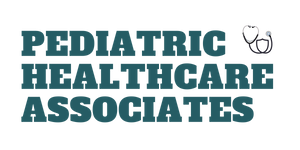Weakness and Fatigue

Weakness and Fatigue are normal phenomena in human lives. The conditions are witnessed especially in children, since they are engrossed in a lot of physical activities. Let us understand what weakness and fatigue are.
Weakness can be defined as decreased muscle strength. When we overwork our muscles & do not relax them, muscles tend to be weakened.
Fatigue follows hand in hand with weakness. It occurs when we have not rested enough for the body to recover the essential energy to carry on.
How to recognise the symptoms:
Parents may not catch the early signs which may snowball into more pressing problems. Following are few symptoms that helps in identifying the early symptoms:
-
True weakness always interferes with function. Once a child is walking, weakness is seen more in the legs than the arms. Reason: muscle strength is needed for normal walking.
-
Leg Weakness. This is what you will see. Examples: trouble standing, walking, climbing stairs, getting off the floor, running and jumping. If severe, the child can’t stand or walk.
-
Arm Weakness. This is what you will see. Examples: trouble feeding one’s self, writing/drawing/typing, combing or washing the hair. Other children have trouble lifting objects above the head, turning door knobs or buttoning shirts. If the weakness is severe, the child starts dropping objects.
-
Face Weakness. Weak face muscles cause droopy eyelids or trouble moving the eyes. A droopy face or crooked smile may also occur. You might notice trouble sucking, swallowing or speaking.
-
Weakness in Babies. In infants not yet walking, you will see the loss of motor milestones (loss of normal development). These include new trouble turning over, sitting, crawling, and pulling up. In the early months, you will see the loss of head support, reaching or kicking. A weak cry or suck also may be seen.
Medical Care
Based on the levels of severity mentioned below, we can gauge and get medical help accordingly.
Immediate medical attention may be required if:
-
Hard to wake up or to keep awake. Exception: child needs normal sleep.
-
Awake but can’t move
-
Trouble breathing or slow, weak breathing
-
Followed a head or neck injury
-
You think your child has a life-threatening emergency
-
Can’t stand or walk
-
Confused or not alert when awake
-
Doesn’t make eye contact or respond when awake
-
Crooked smile (weakness of 1 side of the face)
-
Not able to pass urine
-
Stiff neck (can’t touch chin to chest)
-
Severe headache
-
All other children with new onset of weakness
-
New onset of unsteady walking
-
Your child looks or acts very sick
Medical attention/consultation if:
-
Weakness is a chronic problem and getting worse
-
Fever present more than 3 days with fatigue (tires easily but no weakness)
-
You think your child needs to be seen, but the problem is not urgent
-
Weakness is a chronic problem and not getting worse
-
Fatigue (tires easily but no weakness) lasts more than 2 weeks
-
Delays in motor development (sitting, crawling, walking)
-
You have other questions or concerns
Care at home can be given if:
-
Normal fatigue during a short-term illness (tires easily and needs more rest, but no true weakness)
-
Normal fatigue after hard work or sports
This health information is for educational purposes only. You, the reader, assume full responsibility for how you choose to use it.
Best Pediatric Care Center| PHCA | Altoona PA | USA (phcaaltoona.com)







